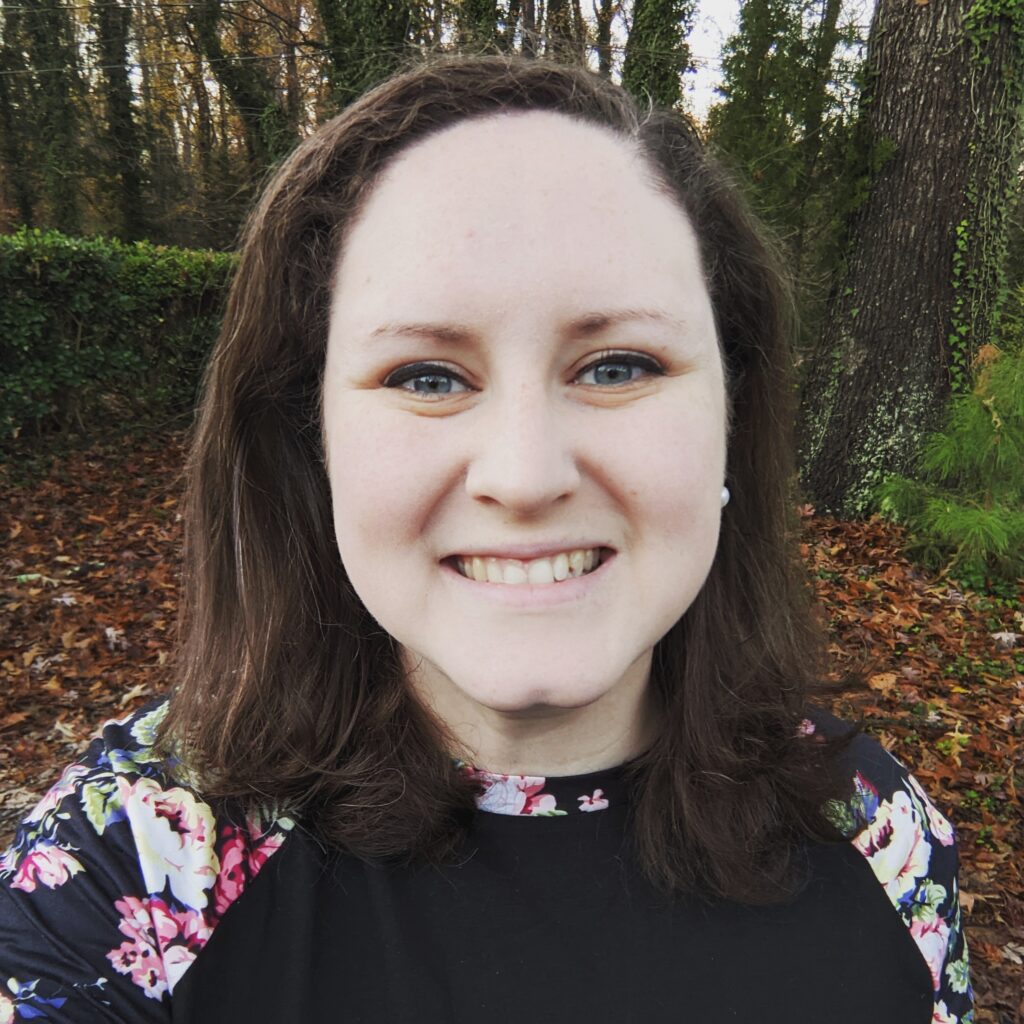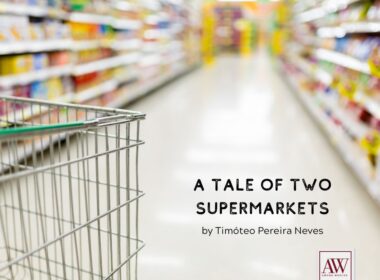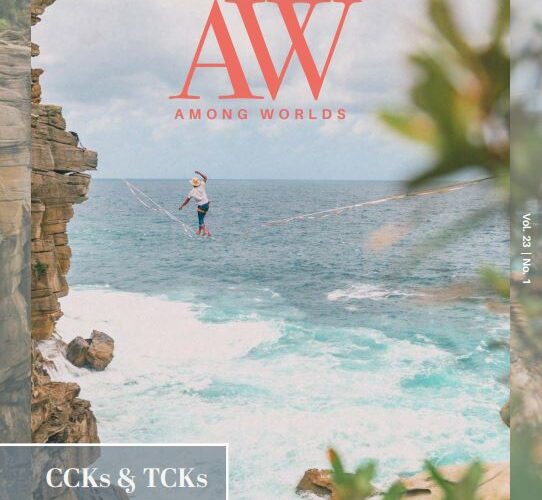By Hannah Clark Maynard
As I was growing up as a third culture kid, my mom was always on the hunt to find spaces where I would “fit in.” I went to missionary kid camp, I attended an international student youth group, and I went to TCK homeschool conferences. She was always wanting to find other people who were like me. As soon as she learned the term TCK, she started trying to see everything and everyone from a TCK lens.
“You know, TCKs are more than just missionary kids and military brats,” she would say. “I mean, think about it: your cousin (adopted from China into an American family) is a TCK. The refugee kids on the news are TCKs. Children of immigrants are TCKs. It’s a much broader term than I thought.”
While my mom had the best of intentions, whenever she would share with me another group of people she categorized as TCKs, I usually felt a little confused and uncertain. After all, I did have a lot in common with some of these people. I knew what it was like to have to balance more than one culture, to know when to speak a certain language or when to express different cultural norms. I had experienced standing out or not fitting in due to my background.
However, I always felt like something was different. I have never experienced being displaced the same way a refugee child has. I have never known what it is like to be adopted, let alone be adopted by someone who has a different country of origin than me. And those people do not know what it is like to walk in my shoes either. In Thailand, they would use the phrase, “Same, same…but different.”
This led me to do some research on what exactly a third culture kid is. Sure, I knew I was one, but who else was in the same boat? After doing the research, the definition from Third Culture Kids: Growing Up Among Worlds, 3rd Edition caught my eye:
“A traditional third culture kid (TCK) is a person who spends a significant part of his or her first eighteen years of life accompanying parent(s) into a country that is different from at least one parent’s passport country(ies) due to a parent’s choice of work or advanced training.“
This was it. This was me. I had spent a significant part of my first eighteen years overseas. My experience occurred while my brain was still forming. While I appreciate the good intentions of many adults who have tried to understand the TCK experience, there is a reason it is TCK (third culture kid) and not TCA (third culture adult). This experience is so important because it happens during the formative years of one’s life, while they are still creating their views of the world, their personal identity, and their literal knowledge of how things work. This is not to undermine the experiences of those who move overseas as adults, but it is to signify there is a significant difference in experiences for kids who move and live internationally.

“Accompanying parents”—this part of the definition meant that I was not merely a study abroad student. This was a familial experience. I was not the only one undergoing changes and transitions. We were going through it together as a family unit. We were all learning to live away from extended family, our home church, and even Chick-fil-A.
We went to a country (actually, we ended up moving to more than one) that was different than my parents’ passport country. Instead of learning to cook casseroles, I learned how to cook in woks. Instead of watching American football, I learned what “real” football was. My childhood was going to be very, very different from the way my mom and dad were raised.
The other important part of this definition that stood out to me was the fact we moved because of my parents’ choice of work. They already had a job when we arrived overseas. They were moving there for a reason, with specific intentionality. It was not because they were being forced to move or because they wanted to start a better life somewhere else. They moved because they chose a new job in a different country.
When processing this definition of a TCK, I knew this was me. It was more than just a definition for me though, it was a part of who I was, part of my story. But if this was who I was, what word should I use to describe my internationally adopted cousin, the refugees I learned about on the news, the children of immigrants, or any other group that may have similarities to me as a TCK?
This is when I discovered the term CCK (cross cultural kid). Ruth E. Van Reken, in her book Third Culture Kids: Growing Up Among Worlds defines cross-cultural kids as the following:
“A Cross-Cultural Kid (CCK) is a person who has lived in—or meaningfully interacted with—two or more cultural environments for a significant period of time during developmental years.”
The broad umbrella term describes TCKs and others who understand what it is like to walk the tightrope of knowing more than one culture. However, TCKs have been categorized as a subgroup of CCKs. We know what it is like to have to struggle with identity issues due to interacting with more than one culture in a meaningful way. We know what it is like to try to find the identity balance in our formative years of brain development. However, there are some distinct differences that create the subgroup of TCKs. This means that all TCKs are CCKs. However, not all CCKs are TCKs.

Because every person has their own story, labels can sometimes help and sometimes hurt.”
While these terms are not my sole identifying factors, they are important to me. As Michael Pollock once shared about using the terminology of TCK on the podcast TCK Care, “It really is an ongoing conversation.” Because every person has their own story, labels can sometimes help and sometimes hurt. However, it is extremely beneficial to me to have the vocabulary to start this ongoing conversation.
Therefore, knowing I am a CCK helps me realize I can connect with people who come from all kinds of different backgrounds in a meaningful way. However, knowing I belong to the TCK subcategory helps me find people with similar stories easily. Finding other people “like me” has its benefits. And, just like my mom, seeing things from a TCK lens can help me see some of own strengths and weaknesses.

Hannah Clark Maynard has lived in seven states and three countries (including two in East Asia). Using her experience as a TCK, she now trains, debriefs, and works with teenage TCKs professionally in Virginia, USA.












